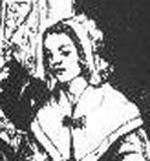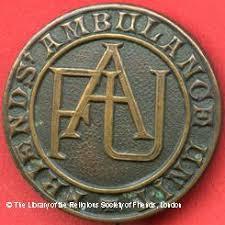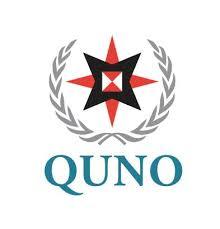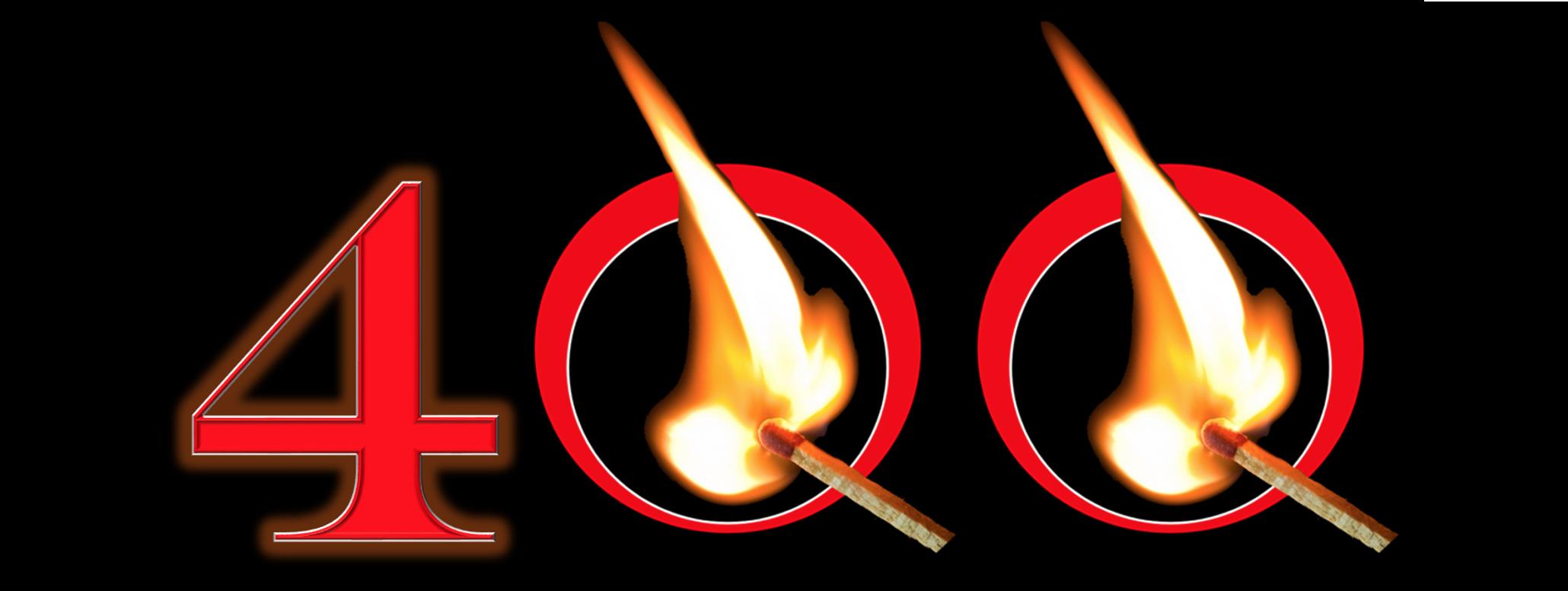Igniting the Spirit for 400 years

In July this year, Quakers worldwide will be celebrating the 400th anniversary of the birth of their founder George Fox in an obscure English village. Quakers today are a mystery to the majority of people today, but they have helped to shape the modern world in a number of significant ways.
Fox grew up in an England that was traumatized by the Civil War between King and Parliament, ending with the execution of the King in 1649 when Fox was 25 and had started speaking publicly two years earlier. During the next ten years there were dozens of radical religious and political groups, hardly any of which have survived till today. Quakers have not only lasted but have spread around the glob6e. Other religious groups start from a shared statement of beliefs, a creed. For Fox no set order of words could express the deeply personal encounter between the individual person and the divine essence that lives in each one and can act as a guide. So no creed, no special time or place for being ‘holy’, no human authority to tell the person what to believe or what to do. Quakers met not in a church but in a meeting house, they looked down on paid clergy as ‘hireling priests’ and their first collective names were ‘the children of the Light’ or ‘the Friends of Truth’. The lack of a creed has made it harder to explain Quakerism to others, but has also allowed it to respond to a changing world more readily, describing the process as one of ‘continuing revelation’. Early Friends believed that Christianity had lost its way early on, and they hoped to restore the simple faith of Jesus and the working people who were his first followers. Because they could be prompted by the Light to speak or act, and the Light was in everyone, Quaker women could speak with equal authority with men from the start, and that scandalized pretty much every other religious group.

The difficulty with reliance on the inward guide is that individual wishes and choices can too easily be mistaken for it, and Quakers ran headfirst into that problem in their first few years. George Fox and other leaders, notably Margaret Fell as the organizing genius of those early years, encouraged the growth of Quaker congregations (known as Meetings) which could help balance individual inspirations with group experience and wisdom. Modern Quakers have inherited those structures and processes, and value them highly. For example, Quakers do not vote at their meetings, but listen for ‘the sense of the meeting’ to emerge, in other words for a spirit-led decision.
The first generations of Quakers found themselves excluded from university study, from government and public service, so they put their energies into business and innovation. That led to well-known firms such as Clarks for shoes and Cadburys, Rowntrees and Frys for chocolate, but more importantly to leadership in  iron and steel, textiles, banking and insurance, canals and railways. Quakers had a reputation for fair dealing and for treating their workers well. The same skills and spirit of innovation led Quakers to join in causes for equality and social reform. The abolition of slavery, the struggle for women’s rights, prison reform and other social changes would have happened more slowly without Quaker involvement. Quakers were active in the World Wars through the Friends Ambulance Unit, and after the wars in relief work, which led in the 1930s to deep involvement in the Kindertransport process rescuing Jewish children from Germany, made possible partly because some senior Nazis remembered eating ‘Quaker bread’ as children.
iron and steel, textiles, banking and insurance, canals and railways. Quakers had a reputation for fair dealing and for treating their workers well. The same skills and spirit of innovation led Quakers to join in causes for equality and social reform. The abolition of slavery, the struggle for women’s rights, prison reform and other social changes would have happened more slowly without Quaker involvement. Quakers were active in the World Wars through the Friends Ambulance Unit, and after the wars in relief work, which led in the 1930s to deep involvement in the Kindertransport process rescuing Jewish children from Germany, made possible partly because some senior Nazis remembered eating ‘Quaker bread’ as children.

Quaker organisations hold consultative status with the United Nations and have offices with the UN in New York and Geneva. Among other work, they arrange occasions where representatives of nations in conflict can meet and discuss matters out of the glare of publicity.
In George Fox’s time Quakers inevitably found their way into Friends from other backgrounds. By the eighteenth century almost all Quakers were born into Quaker families, and could be ‘disowned’ if they married out. In the mid-nineteenth century, facing a steep decline, Quakers in England swept away the restrictions that had accumulated over the years. The result is that few modern Quakers in Aotearoa, as in England, were born into Quakerism. Most discover Friends when they are mature adults and are asking harder questions about the meaning of life. Some find the Christian origins of Quakerism still relevant; an increasing number describe themselves as ‘non-theists’; there are also occasional Buddhist or Islamic or Judaic Quakers.
Around the country and the world, Quakers are holding a huge variety of events. Come and join us and learn more about the spirit led tradition that still thrives.
Event Details
For further enquiries click here

